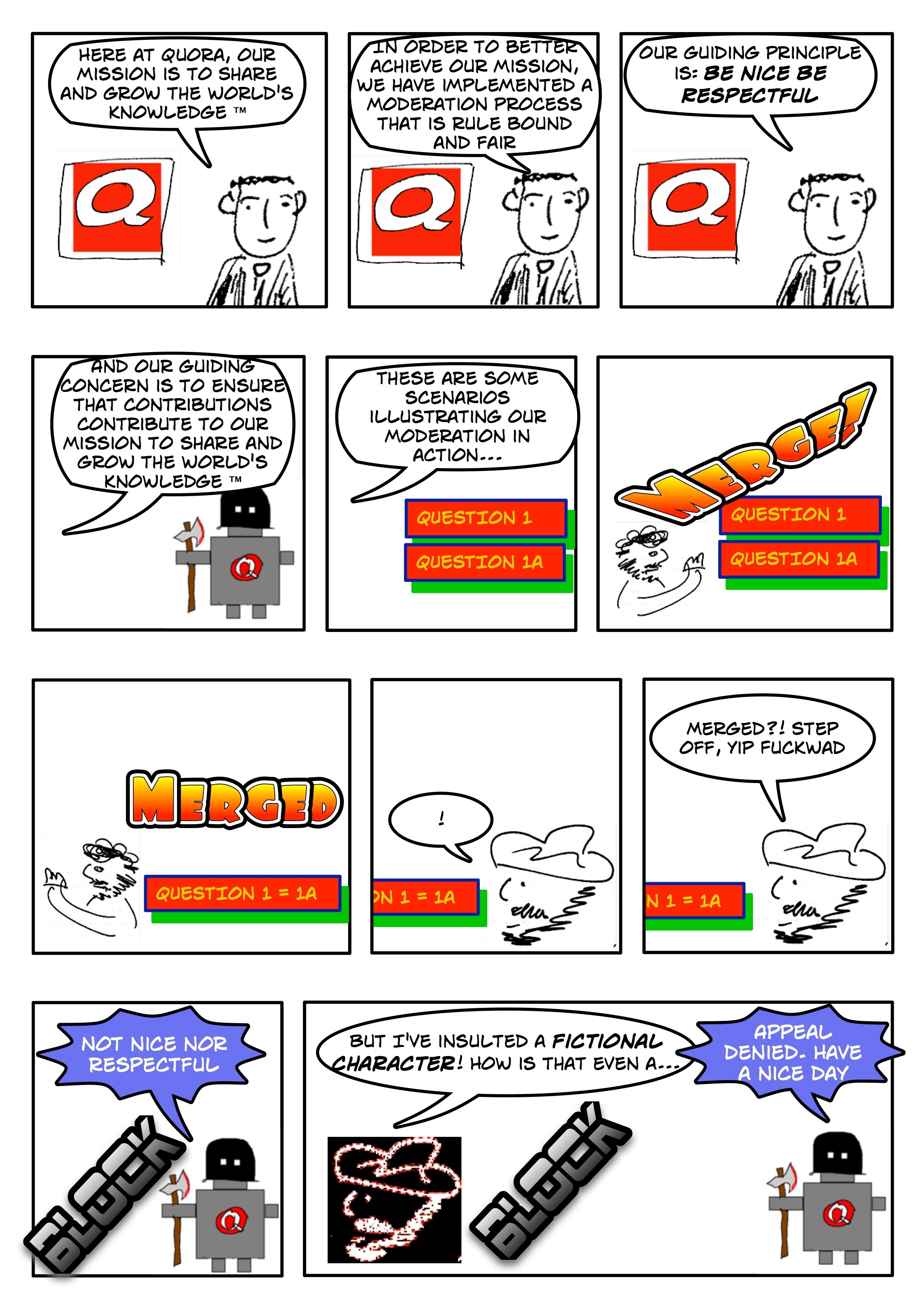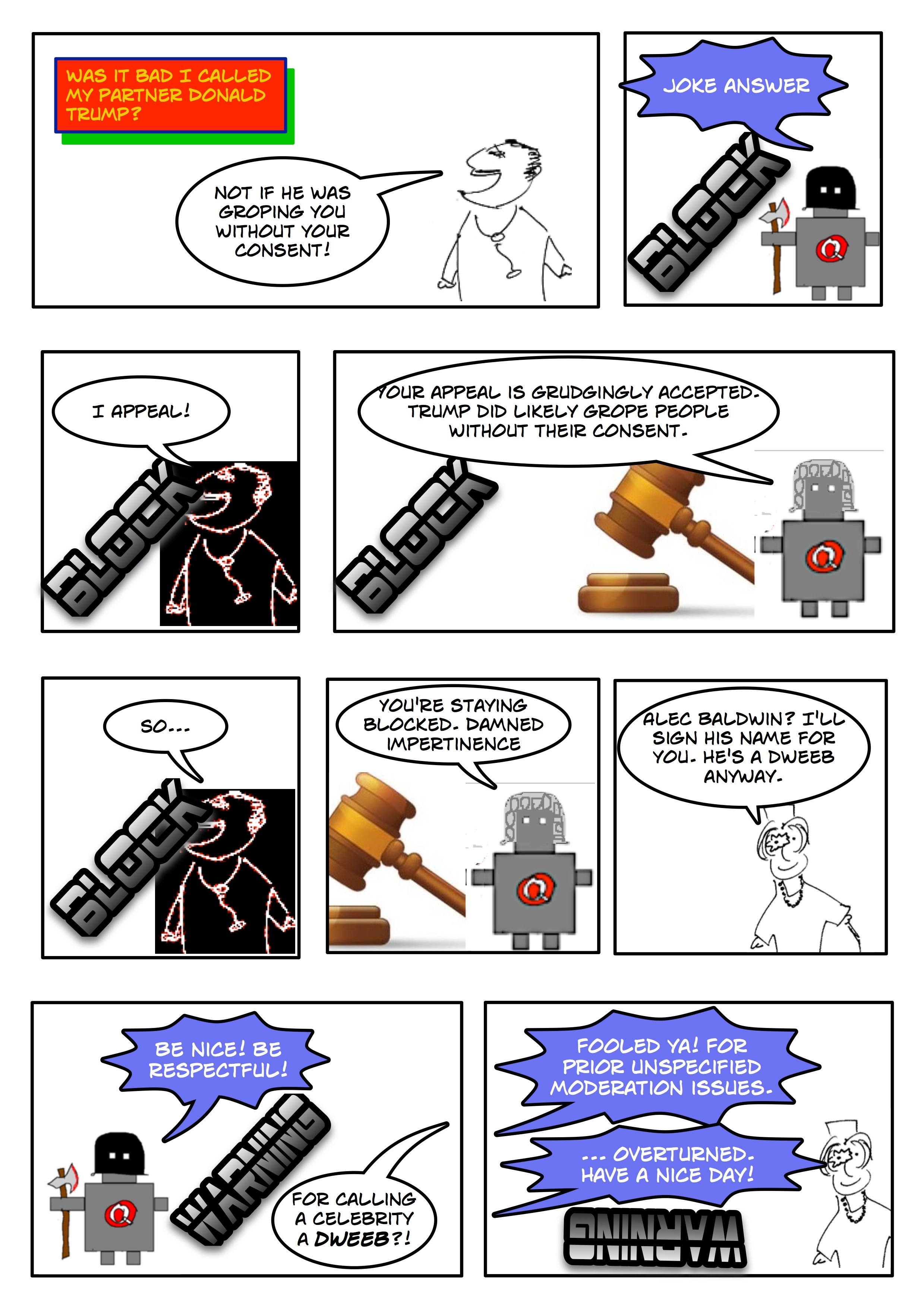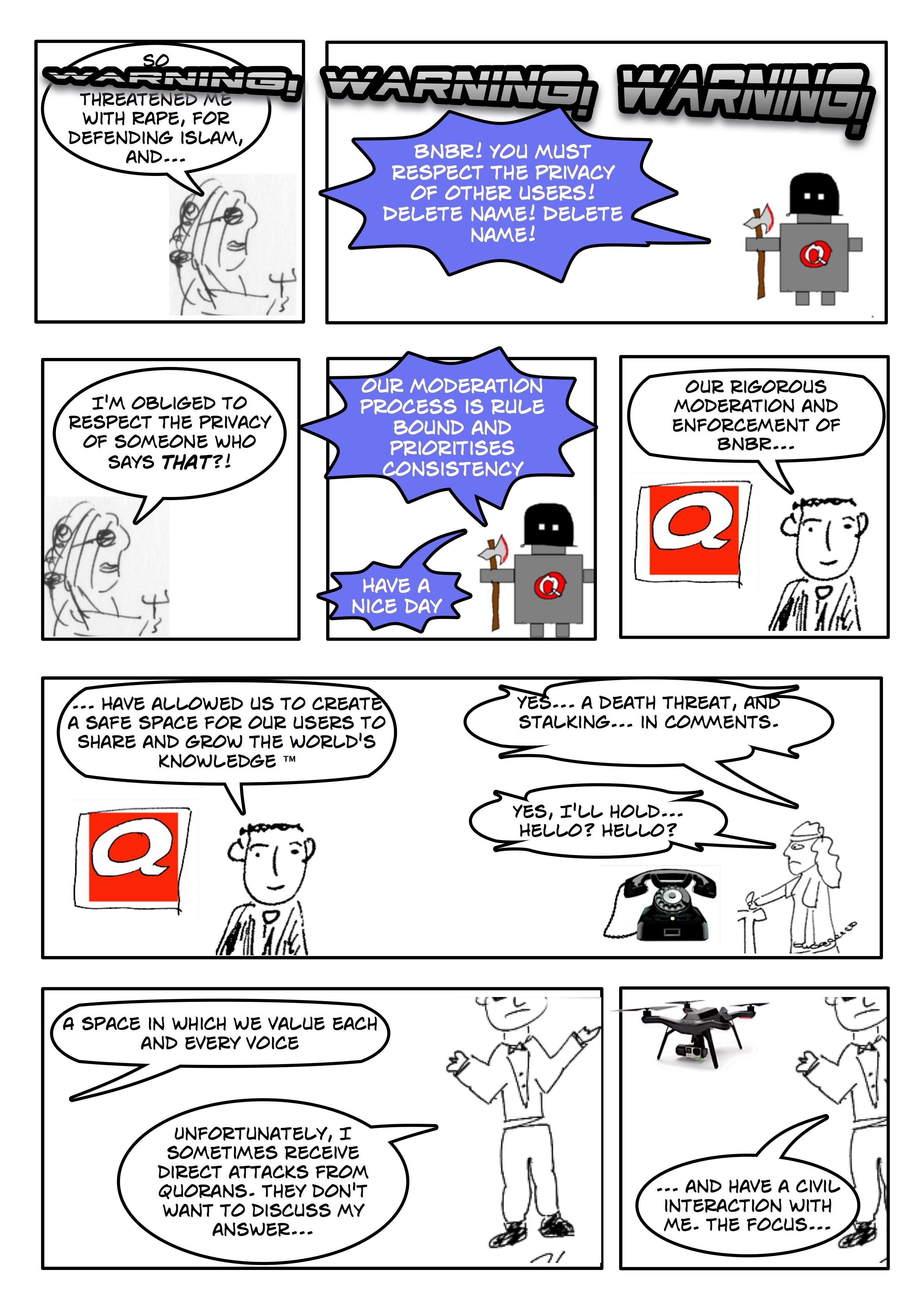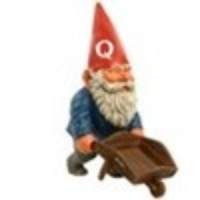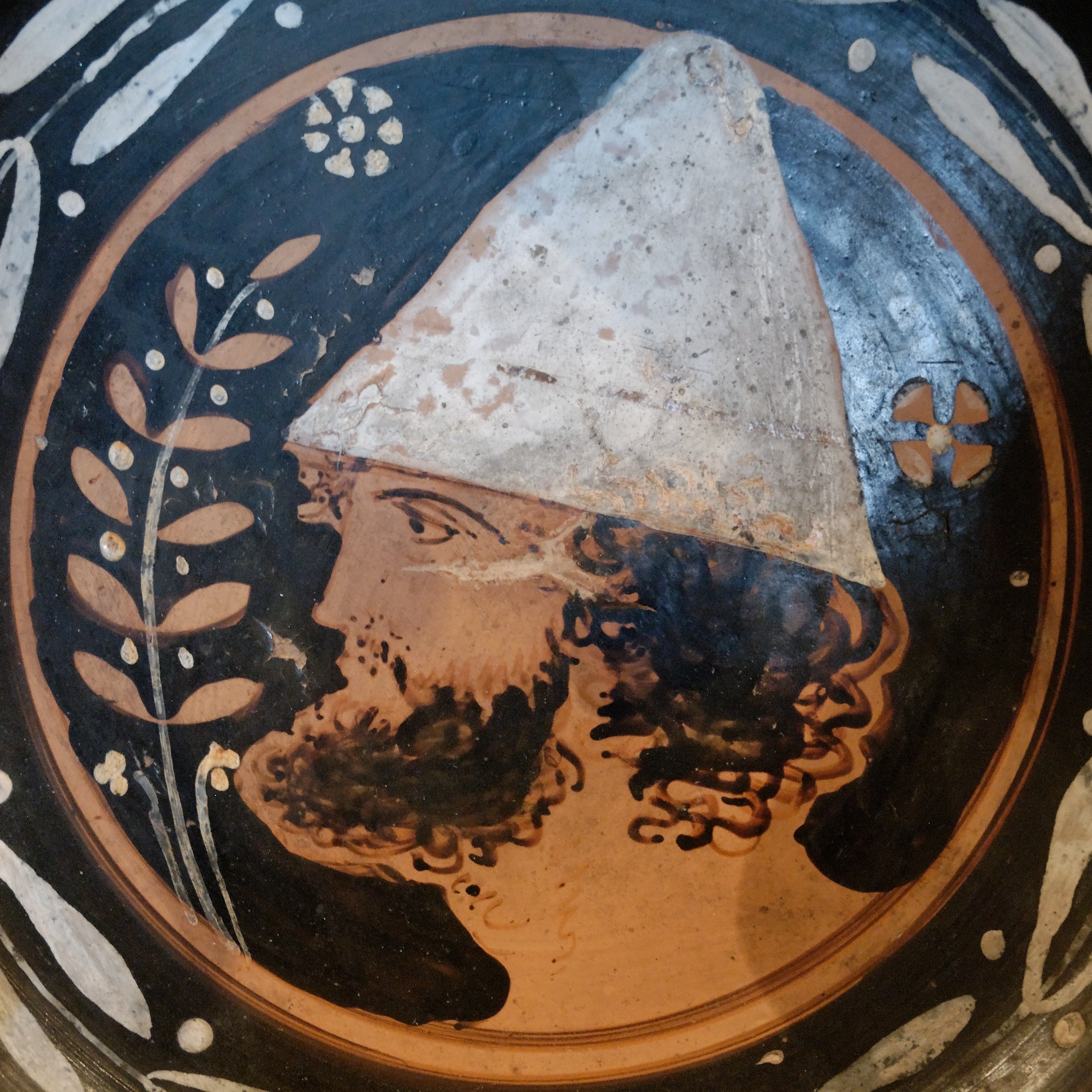Pegah is an IT student, in her early twenties, living in a town in Iranian Azerbaijan. (She’s mentioned it here, and it wasn’t Tabriz, but I’m not doxing her. Besides, Quora Search.) She is a metalhead, she by her own admission finds it difficult to smile for photos, she has genocidal urges against men, and she is a… no, it would be inconceivable for her to be an unbeliever: she is a potato-chip worshipper.
(From one of her posts, saying that you can be a potato-chip worshipper, and the mullahs will leave you alone in Iran, so long as you don’t challenge their authority.)
I met Pegah via our mutual friend Lyonel Perabo, who has his own… fantastical account of Pegah as another response here.
Pegah is likely the best known Iranian on Quora. Certainly the best known to me. And Pegah plays a valuable role on Quora, of explaining Iranian and Azeri attitudes, Iranian daily life, Azeri and Iranian culture, to outsiders.
But to reduce Pegah to an Iranian, or an Azeri, or an explainer, is to insult her, and I will not. Not because she’ll threaten me, whatever our banter might indicate. But because I respect her. And because we’ve had wonderful exchanges here, trying to work out how similar our respective cultures are; swapping YouTube videos, quoting poems, and recognising the joy it gave us to share them with each other.
Pegah’s name means Dawn, but she’s not a daybreak; she’s a burning noon. She is passionate, and she is acerbic, and she is proud. It’s the pride that I admire most, all the more because it is tempered through her cynicism. She is proud to be Torki, and proud to be Irani, and proud to be a metalhead, and proud to be a potato-chip worshipper (or whatever that is code for).
And she would be a proud, burning noon wherever she was brought up. Being a member of a large minority in the Islamic Republic of Iran might give her cynicism an extra edge; but she’d be both proud and cynical (a potent combination) wherever she was brought up.
We had an exchange maybe last month, where I marvelled that we got along so well, when a century ago she would be my sworn enemy as a Greek; and Pegah protested. Surely we could have been common enemies against the Ottoman Empire.
No, Pegah, I know how religious communities within the Ottoman Empire worked. We massacred and banished our own fellow Greeks for being Muslims, after all, and they weren’t even Torki.
But thank you for suggesting we should have been allies. I would have been honoured to have someone as proud as Pegah as a sworn enemy then. And I’m honoured to count her among my friends now.
(You need to post more, though, Pegah. I miss your voice here.)
